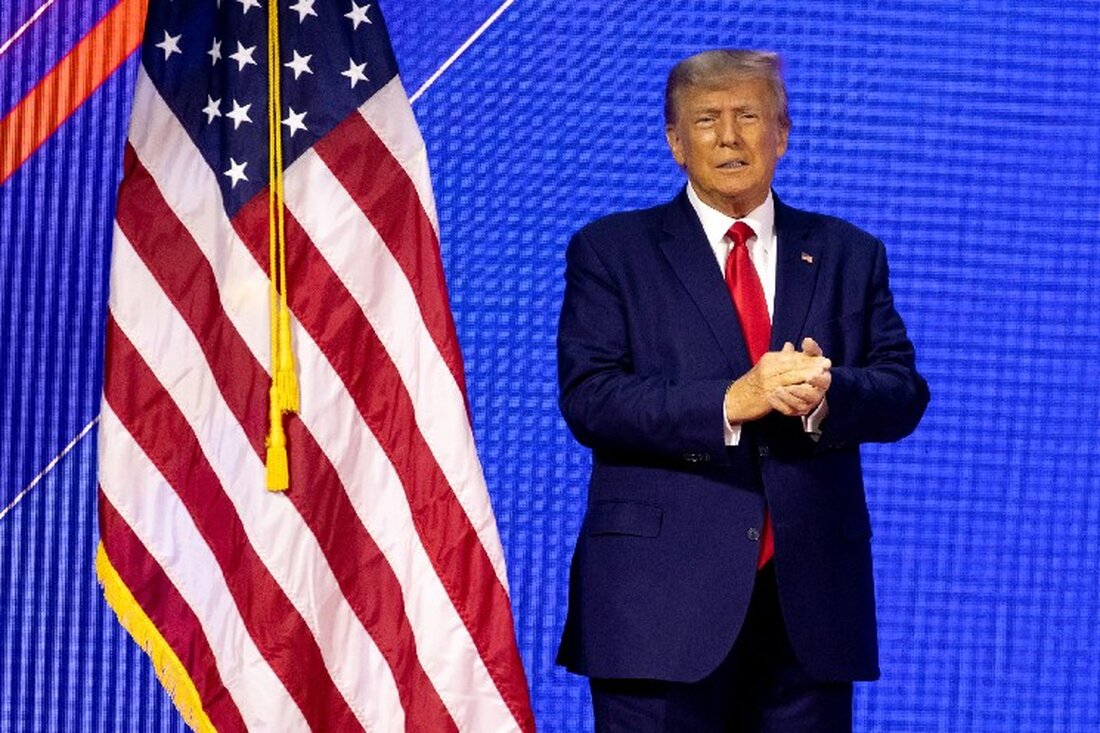White house checks innovative strategy to increase the Bitcoin reserve: tariffs as a source of financing for BTC purchases
White house checks innovative strategy to increase the Bitcoin reserve: tariffs as a source of financing for BTC purchases
US government consider to increase Bitcoin reserves
The discussions in the White House are currently about strategic increase in the Bitcoin reserves of the United States. The aim is to increase this reserve without generating additional public expenses. A promising proposal in this context is the financing of BTC purchases through income from trade tariffs.
This approach could enable the US government to benefit from the potential advantages of Bitcoin and the associated blockchain technology, while a new source of income is being developed. The use of trade tariffs to finance such purchases could be seen as an innovative step in financial policy.
The possibility of integrating Bitcoin as part of the reserves reflects the increasing acceptance and the growing interest in cryptocurrencies at the institutional level. Observers of the market are curious to see how these considerations will develop and what specific steps may be taken.
In view of the volatility of Bitcoin and market developments, it will be crucial how the government evaluates the potential risks and opportunities of these investments.The debate about the Bitcoin reserves of the United States is in line with the global trend of considering cryptocurrencies as serious asset class. It remains to be seen whether this proposal will actually be implemented, but the signs of increasing integration of digital currencies into traditional financial systems are becoming increasingly clear.


Kommentare (0)